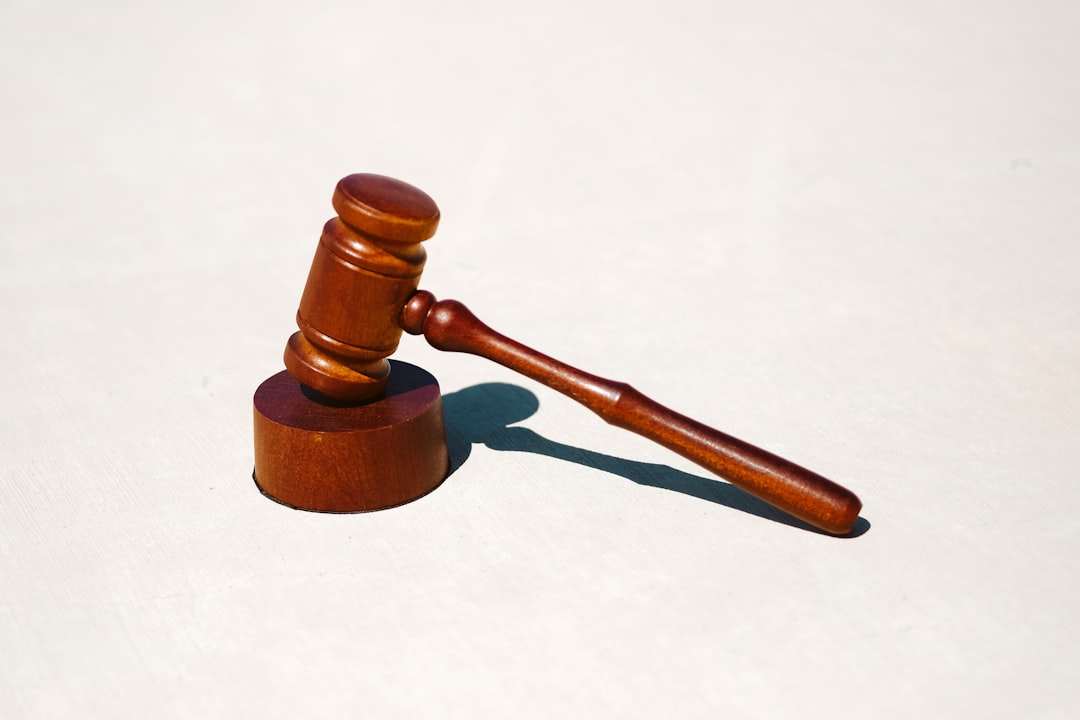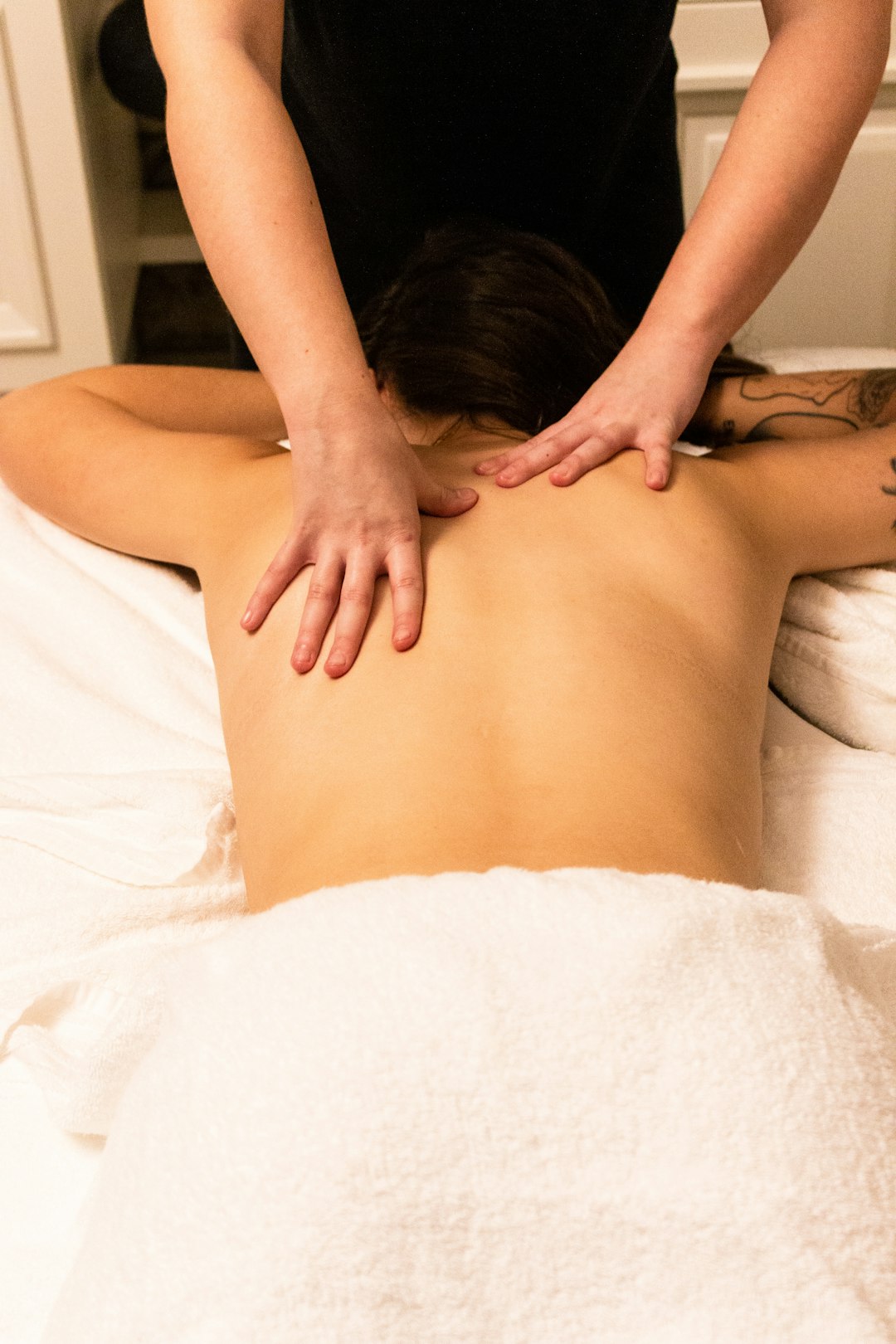Massage abuse victims in New Jersey can access justice through contingency fee agreements with lawyers who take on cases without upfront costs. These lawyers receive a percentage of settlements or awards, ensuring accessible legal representation for those with limited resources and helping them hold perpetrators accountable for trauma. This model balances the lawyer's risk with potential compensation, facilitating strong cases via expert networks.
In New Jersey, contingency fees play a pivotal role in empowering victims of massage spa abuse to seek justice. This legal structure allows plaintiffs’ attorneys to charge a percentage of any settlement or award, eliminating upfront costs and risk for victims. In the context of massage abuse lawsuits, understanding these fees is crucial for both victims and lawyers. This article breaks down how contingency fees work, their benefits for massage abuse victims, and considerations for New Jersey massage abuse lawyers.
Understanding Contingency Fees in New Jersey Massage Lawsuits

In the context of massage abuse lawsuits in New Jersey, understanding contingency fees is crucial for victims seeking justice. Contingency fees, also known as no-win, no-fee arrangements, allow individuals who cannot afford legal representation to access quality legal services. In these cases, a massage abuse lawyer in New Jersey agrees to take on the case with the promise of receiving a percentage of any settlement or award, regardless of the outcome. This model alleviates financial burden, enabling potential plaintiffs to pursue legal action without upfront costs.
This arrangement is particularly relevant for massage abuse victims who may have limited resources and are seeking compensation for physical and emotional trauma. Contingency fees ensure that legal expertise is accessible, empowering victims to hold perpetrators accountable. When a successful case results in a settlement or judgment, the lawyer’s fee is typically calculated as a percentage of the damages awarded, making legal representation more affordable and effective.
How These Fees Work for Massage Abuse Victims

For victims of massage abuse in New Jersey, contingency fees offer a promising avenue for justice and compensation. These fees are structured so that a massage abuse lawyer receives a percentage of any settlement or jury award, but only if they secure a favorable outcome. This means there’s no upfront cost to the victim; instead, the lawyer is motivated to work diligently to ensure the client receives the best possible result.
When a victim retains a qualified massage abuse lawyer on a contingency basis, the attorney will assess the case, gather evidence, and negotiate with insurance companies or defendants. If a settlement is reached or a trial results in a verdict in the client’s favor, the lawyer will deduct their agreed-upon fee from the compensation before disbursing the rest to the victim. This arrangement allows individuals who’ve suffered massage abuse to access legal representation without incurring substantial financial risk.
The Benefits and Considerations for Massage Abuse Lawyers in NJ

Massage abuse lawyers in New Jersey benefit from contingency fees as a risk-mitigating strategy, especially when taking on complex cases involving emotional and physical trauma. This arrangement allows them to accept clients with limited financial resources, knowing that they will only be paid if they successfully recover damages. It’s a win-win situation—the lawyer’s time and expertise are valued, while the client receives legal representation without upfront costs.
When considering contingency fees, these lawyers must weigh the potential for a large settlement against the time and effort required to pursue such cases. In New Jersey, where there have been significant developments in massage spa abuse lawsuits, establishing a strong network of medical and legal experts can significantly enhance their chances of success. This ensures they can gather compelling evidence and provide expert testimony, ultimately maximizing compensation for clients who have suffered at the hands of negligent or abusive massage therapists.




